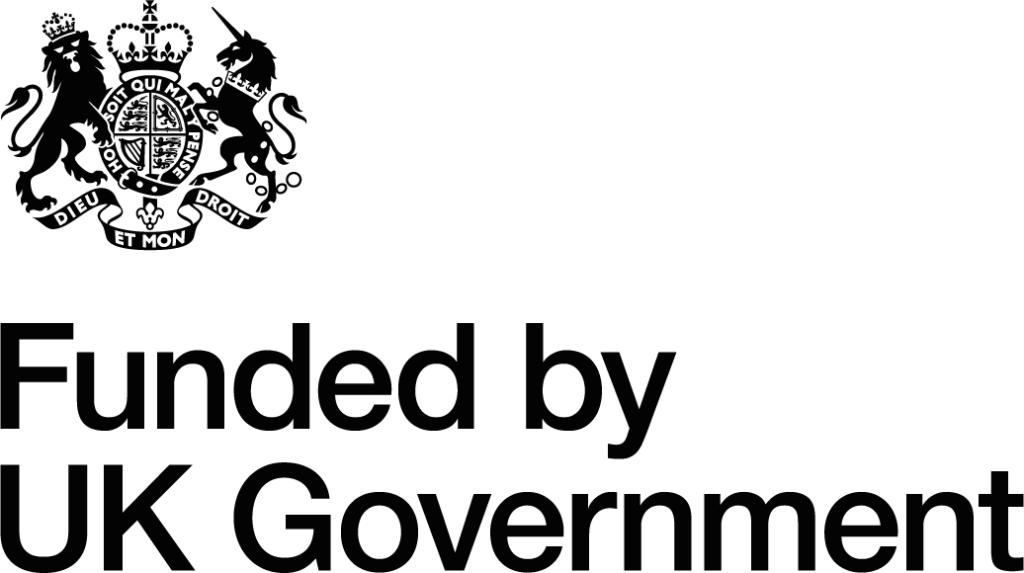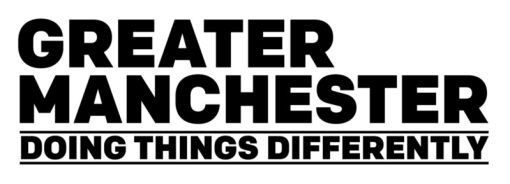Social enterprises
UKSPF E26 Social Economy Programme
We’ve launched our programmes of support in local areas across Greater Manchester to support members of our communities to set up, develop, grow and collaborate in our Social Economy.
What is the UK Shared Prosperity Fund (UKSPF)
This work is funded by the UK Shared Prosperity Fund. The UK Shared Prosperity Fund (UKSPF) is a three-year fund running from 2022-25. It replaces European Structural and Investment Funds (ESIF) and is part of the UK government’s Levelling Up agenda. All areas of the UK received an allocation from the Fund via a funding formula, rather than through a competitive process.
The primary goal of UKSPF is to build pride in place and increase life chances across the UK while recognising the acute challenges town centres and communities have faced during the COVID-19 pandemic.
UKSPF funding is split into three investment areas: Communities and Place; Local Business; and People and Skills.
Each investment area is broken down into interventions, which form a menu of options that funding can be used for. E11 is an option within Communities and Place with a focus on Investment in capacity building and infrastructure support for local civil society and community groups.



What does Social Economy mean?
The social economy is taken as including organisations having ‘inclusive ownership’ – locally owned and socially conscious organisations with ownership models that enable the wealth created by their users, workers and local communities to be held by them, rather than flowing out as profits to shareholders. This includes:
Trading charities
Credit unions
Community benefit societies
Worker co-operatives (co-ops)
Consumer co-ops
Mutuals
Community businesses (for profit but social purpose)
Employee-owned private businesses, and entrepreneurs.
As organisations defined by social purpose rather than profit, there is a unique contribution which social economy organisations make to the places in which they operate. They have the familiar economic footprint of all types of businesses (as employers, as purchasers of goods and services) but the benefits of the activity are distributed differently – either as social impact in communities or through more equitable and inclusive forms of ownership.
Social Enterprises = Business for Good
Social Enterprises are where businesses and doing good intersect. Not only do Social Enterprises aim to generate revenue, but they also strive to address social problems and drive positive social change, which can be social, economic, or environmental. They use the profit they generate to reinvest in making positive changes for the communities they serve.
To be a Social Enterprise, a business must
Have a clear social or
environmental mission set out in its governing documents and be controlled in the interest of that mission
Be independent of state or government control, and ideally earn more than half of its income through trading
Re-invest profits towards their mission
Be transparent in the way they operate and the impact they have
How is the E26 Social Economy Programme being delivered in Greater Manchester?
We’re coordinating this programme and working with our partners – a network of Local Infrastructure Organisations (LIO) working to support and strengthen the impact of the social sector (voluntary, community and social enterprise organisations) in our communities.
LIOs have a strong understanding of the needs of individuals and organisations operating in the social economy within their local areas. Under the requirements of E26, LIOs will focus their support on the following themes:
Financial and legal
Access to and management of physical assets
Demonstrating social impact
Digital transformation
Contract bidding and marketing
The types of support that LIOs will offer include facilitating support networks, providing training courses and giving access to specialists. We’ve launched our programmes of support in local areas across Greater Manchester to support members of those communities on how to set up, develop, grow and collaborate.
The programme started in April 2024 and will finish in March 2025. It will ensure any efforts are built on current support provision, for example, in local areas where Proper Good is being delivered.
Support in your area
Find out what support is available under the E26 programme in your area by contacting your LIO.
Our ambitions with this programme
We have a vision where Greater Manchester is powered by and for our people. For example, imagine changing the social care market – currently being eroded through the short-termism of private equity investment – to one driven by citizen economic power. Worker-owned social care co-operatives have the potential to create better provision and better jobs. There is a lot to do to ensure these opportunities are fundamentally inclusive: the social economy needs to be rooted in our diverse and growing communities and we should challenge ourselves to be able to support this.
Empowering the social economy:
Greater Manchester’s Our Business Hub
In conjunction with the 10GM programme, our colleagues over at Cooperatives UK have developed the Our Business Hub, which provides a digital front door for people looking for tools and resources to support their work.
Stay connected to members, extend your network, share your stories, or explore content that interests you.

How can I get involved?
If you’d like to keep up to date with this work, let us know by getting in touch with Raj.

